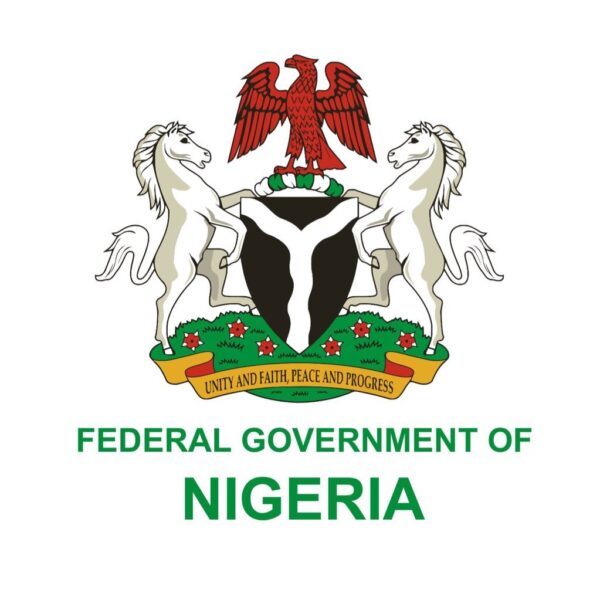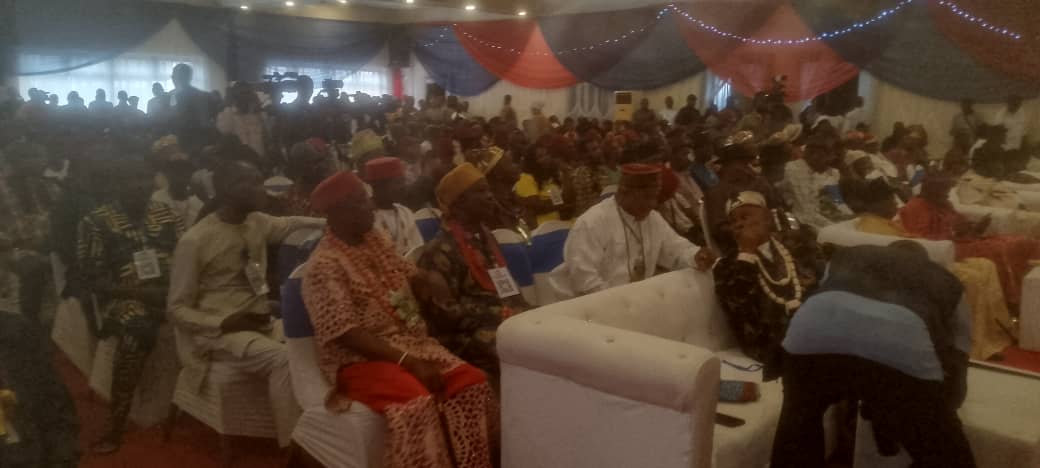In a decisive push to strengthen Nigeria’s future, the Federal Government has called on governors from all 36 states to intensify the implementation of Human Capital Development (HCD) programs. The government emphasizes that the nation’s trajectory in the 21st century hinges not on its natural resources but on the strength, education, and well-being of its people.
Speaking at a meeting of the Steering Committee of the Human Capital Development Programme at the Presidential Villa, Abuja, Vice President Kashim Shettima highlighted the critical role of human capital in national growth. “We must go beyond plans and policies. Implementation must be swift, targeted, and unrelenting. The time for incremental change has passed—this is the time for bold, decisive action,” Shettima declared.
A Call for Deeper State-Level Engagement
The Vice President urged state governments to deepen their commitment to HCD by focusing on five key indicators designed to track progress effectively. He stressed the importance of regular, structured meetings of State HCD Councils, ensuring that human capital development remains central to governance across all levels.
“We must prioritise people over politics, invest in capacity over convenience, and build a nation that thrives not despite its challenges, but because we confronted them head-on,” Shettima asserted.
Highlighting Impactful Initiatives
Shettima praised significant strides made by the HCD Steering Committee, including the expansion of its structure to encompass critical cross-cutting sectors. This enhancement has strengthened the committee’s governance and broadened its reach.
One notable state-level intervention highlighted was Nasarawa State’s rollout of Project Fuuku, which provided over 1,000 clean cookstoves to vulnerable households. This initiative exemplifies how human capital development can intersect with environmental sustainability.
The Vice President also underscored the success of advocacy efforts that have embedded the HCD 2.0 strategy at state levels. A major milestone has been the launch of the HCD Dashboard—a data-driven tool tracking vital indicators like immunisation rates, learning poverty, and youth unemployment. This system empowers policymakers to make informed decisions based on tangible benchmarks.
Emphasizing Data-Driven Decisions
Shettima called for a nationwide survey to collect real-time data on health, education, and workforce readiness. “We believe that data must drive our decisions. We cannot solve what we do not measure,” he said, stressing the need for evidence-based policy-making.
Recognizing the financial demands of HCD, Shettima advocated for innovative financing strategies beyond traditional government funding. He encouraged private sector leaders and philanthropic institutions to view investments in human capital not as charity but as vital contributions to Nigeria’s economic prosperity.
Government and International Support
Minister of Finance and Coordinating Minister for the Economy, Wale Edun, echoed Shettima’s sentiments, emphasizing that “economic expansion without human capital development is an effort in futility.” Edun highlighted the global focus on Africa’s growing young population and the need to invest in an educated, skilled, and healthy workforce.
Supporting this vision, Elsie Attafuah, Country Representative of the United Nations Development Programme (UNDP), commended the government’s dedication to human capital development. She spotlighted initiatives like the Nigeria Jubilee Fellows Programme (NJFP) and the 3 Million Technical Talent (3MTT) programme as vital steps toward equipping Nigeria’s youth with skills for the future.
A Vision for Nigeria’s Future
The Federal Government’s renewed focus on human capital development signals a bold and necessary shift in Nigeria’s growth strategy. By investing in its people—through education, health, and workforce readiness—the nation aims to secure a future where its greatest
resource is its human potential.





